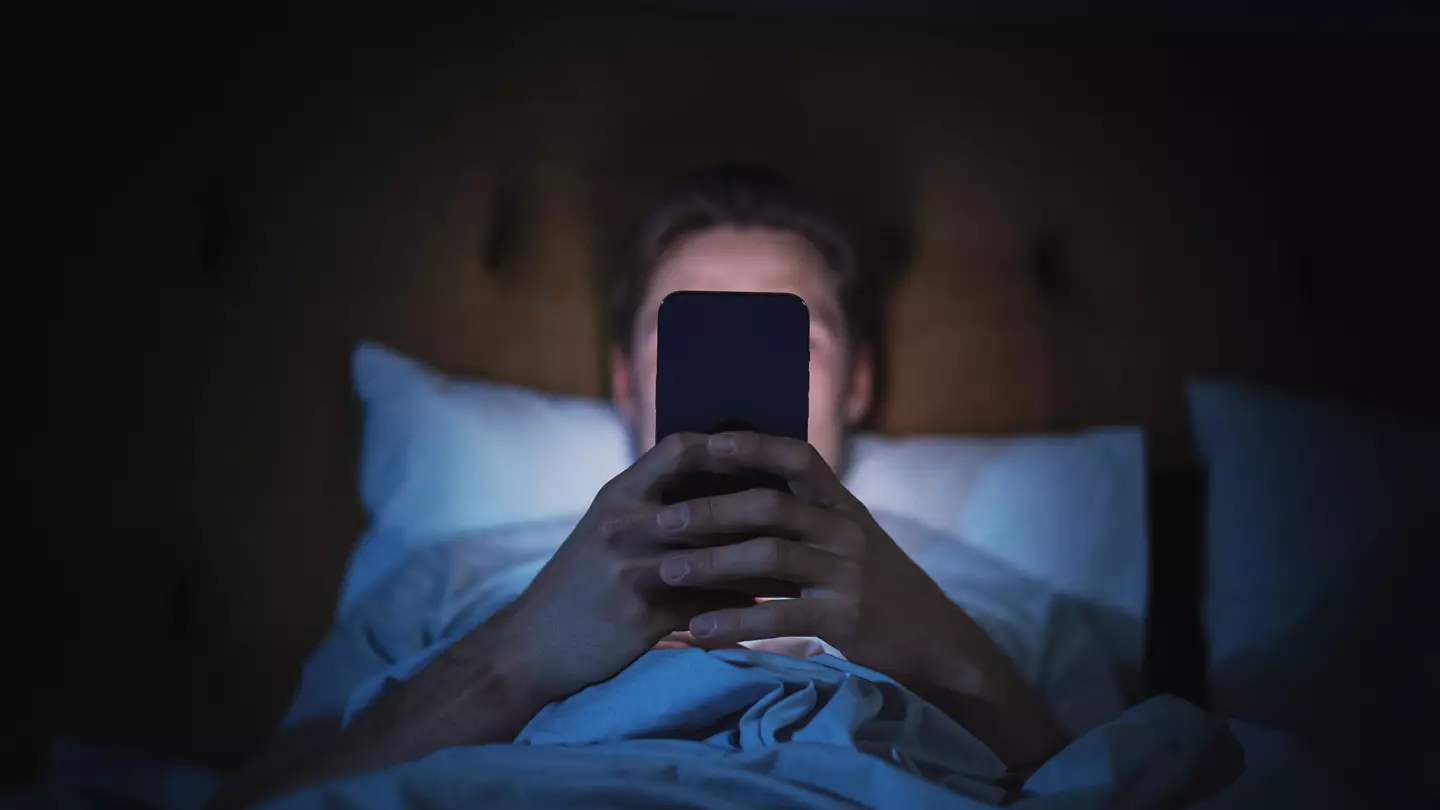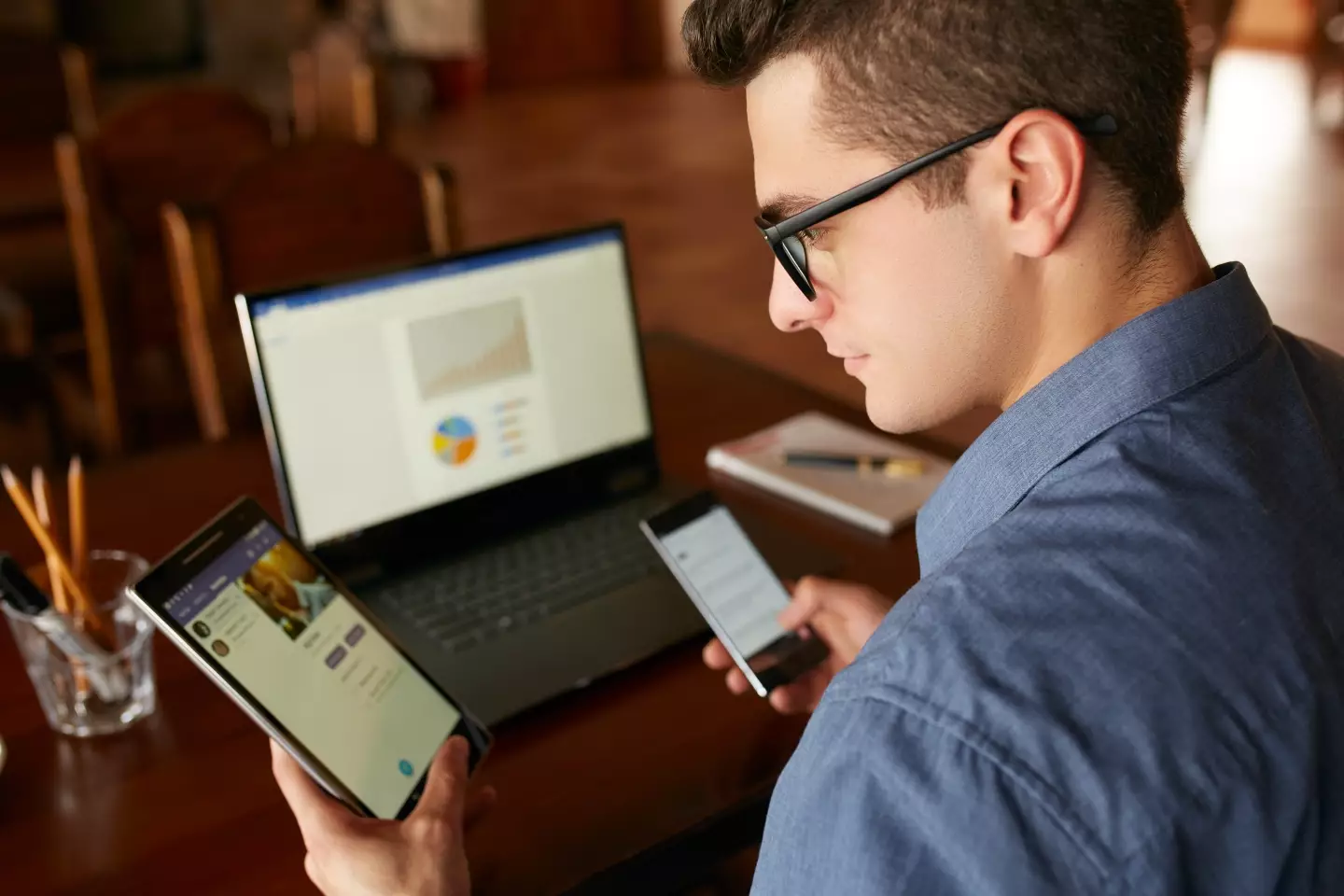
Do you ever feel like your attention span just isn't enough to deal with everything that's thrown at you over the course of the day?
Perhaps you remember that you've got an unanswered message on your phone that you need to respond to, but then you see there's all sorts of notifications blaring at you which you decide to get through first.
Then once you've done those you don't even remember what it was you pulled your phone out for in the first place.
Maybe there's some other task you should be trying to focus on but you hop away for a quick distracting scroll and then the thing you were doing completely vacates your mind.
Advert
Even if you know there was something you were going to do it's gone, swept away by the tide of a new distraction.
If this sounds at all like you then you might be experiencing something called 'popcorn brain'.

What is popcorn brain?
First and foremost it's got nothing to do with popcorn consumption, or the bits of your brain taking on a different physical appearance similar to popcorn.
The term was first coined all the way back in 2011 by David Levy of the University of Washington, who said it referred to a state of being where you had scattered thoughts, an attention that was all over the place and a mind that could hop from topic to topic very quickly.
The name comes from the quick 'pop-pop-pop' noise popcorn emits when you make it, your attention shifting again and again with each new thing to distract you from what's happening.
It's a sort of mental overload from all the various things demanding your attention and with your mind going from one 'pop' to the next it's hard to maintain focus and keep your mind on the task that was at hand but is now out of mind.
More and more people are getting it, and the constant information overload folks are subjected to these days is pointed towards as one of the possible reasons why.

What impact can popcorn brain have?
Valerie Stark, a neuroscientist, told Stylist: "Individuals dealing with this neurocognitive phenomenon might experience difficulty focusing, sustaining attention or engaging in slower paced offline activities due to their prolonged to high-stimulation digital environments.
"Particularly rapid-fire online content like social media, short form video and notifications."
The expert explained that long-term changes to the brain were causing popcorn brain and could lead to 'chronic overstimulation' that can result in 'weakened prefrontal cortex control' and in turn 'reduces impulse regulation and our ability to sustain attention'.
If you feel like you can't concentrate and don't know why you're constantly reaching for your phone but keep doing so then this may be part of the source of the problem.
The neuroscientist explained that the changes to the brain can make it harder to work on long-term goals as you instead give your attention to what's going on in the moment, and there's always something new to take your attention away.
.jpg)
How can you get rid of popcorn brain?
As for sorting it all out, thankfully Stark said that since it's the result of your brain responding to the stimuli you expose it to you can train your mind by changing things up.
The expert said that you could try 'consistently engaging in slower, focused activities' which emphasise mindfulness such as reading to retrain your brain back into giving more focus to one thing over a longer period of time.
She said that you should start with noticing when your attention was drifting and making a conscious effort to bring it back onto what you wanted to dedicate time to.
Stark suggested focusing on one task at a time rather than trying to split your attention span over various things that could 'pop' and pull focus.
Just do one thing and give it your full attention, so no checking your phone or listening to something else, just do the thing you're doing.
She also recommended trying to set some boundaries on digital time such as putting it in a different room for an hour or not having it out at mealtimes.
On top of that, she recommended getting into mindfulness and making it something you committed time to.
Topics: Mental Health, Science, Social Media